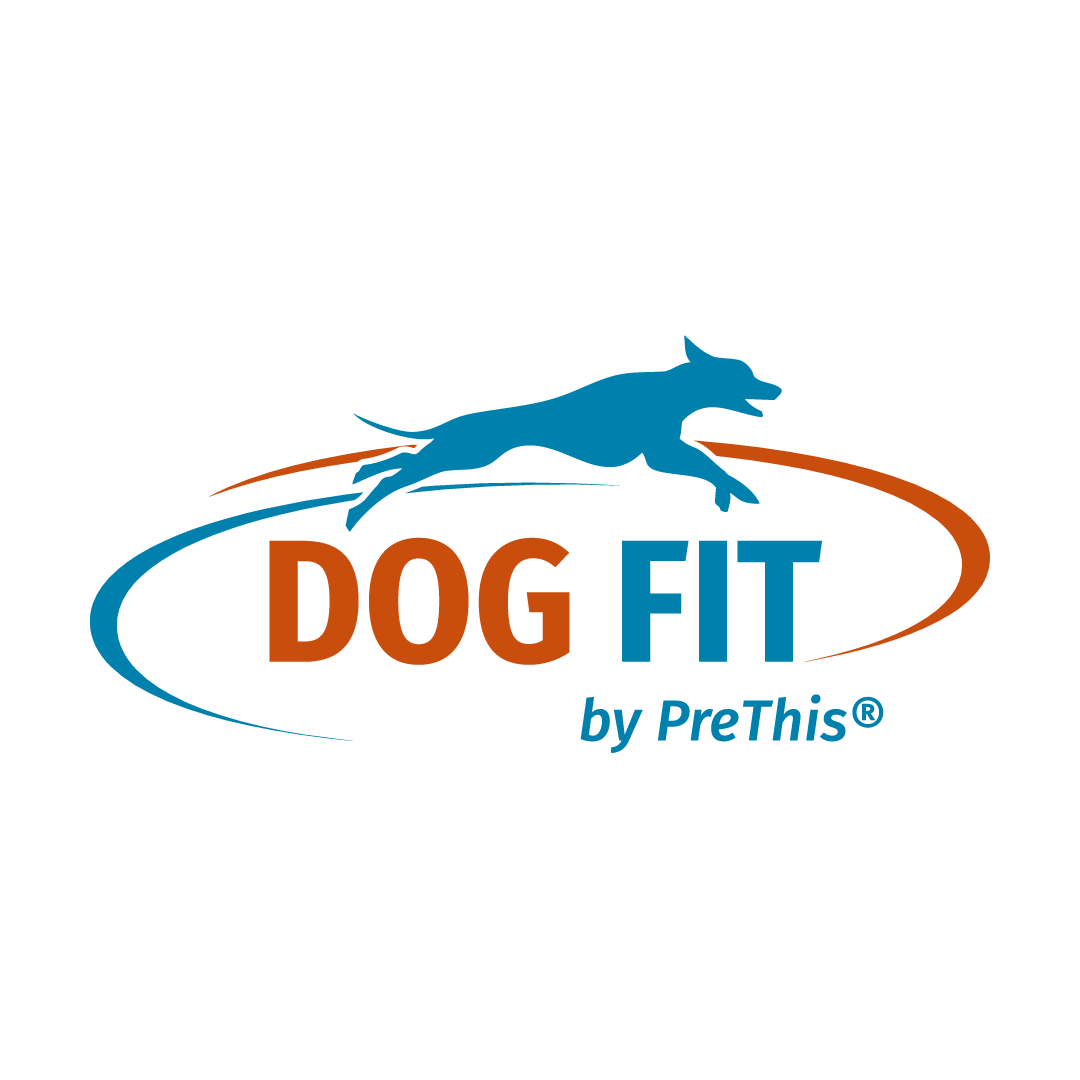
Corneal ulcers in dogs are a serious and common eye disease that is not only painful but can also affect the animal’s vision. In this article, we look at the different aspects of corneal ulcers in dogs, including the causes, symptoms, and treatment options.
Causes of corneal ulcers
Corneal ulcers in dogs occur when the corneal epithelium, the outer layer of the cornea, becomes damaged. This damage can arise for various reasons:
- Trauma: The most common cause is trauma, such as scratches, foreign bodies or friction of the eyelids on the cornea.
- Infections: Bacterial or viral infections can also lead to ulcers.
- Eye diseases: Certain eye diseases, such as dry eye (keratoconjunctivitis sicca) or inflammation of the eyelids, can damage the cornea.
- Congenital problems: Some breeds are known to have structural problems with the eyelids or eyelashes, which can lead to a corneal ulcer.
Symptoms of a corneal ulcer
Symptoms of a corneal ulcer in dogs can vary but often include:
- Redness and swelling of the eye
- Increased blinking or scratching at the eye
- Tearing
- Clouding of the cornea
- Visible damage to the cornea
It is important to pay attention to these signs and contact a veterinarian immediately if you suspect a corneal ulcer.
Treatment of corneal ulcers
Importance of Vitamin A
Vitamin A plays a crucial role in the treatment of corneal ulcers. This “eye vitamin” supports the regeneration of the cornea and helps maintain the health of the surface of the eye.
Therapeutic measures
- Elimination of the causes: First, triggering and predisposing factors must be identified and eliminated.
- Individual therapy: Depending on the size and depth of the ulcer, the therapy is adjusted individually.
- Treatment of non-cleared and progressive ulcers: These cases require special treatment similar to boxer keratitis. These include touching with Tinctura jodi, extensive debridement of the loose corneal epithelium, antibiotic eye ointment and local treatment with 1% atropine.
- Use of eye drops containing atropine: These are indicated for all painful corneal defects, even if iritis cannot yet be diagnosed. It is important to rule out glaucoma and keratoconjunctivitis sicca (KCS) in advance.
Product recommendation
For general health and especially to support the dog’s eye health, we recommend DOG FIT by PreThis® CARE senior. This supplement contains important nutrients, including the essential eye vitamin A, which promotes eye health and may aid in the recovery of corneal ulcers.
Conclusion
Corneal ulcers in dogs can be a serious health problem in dogs. However, with the right treatment and support, the dog’s health and well-being can be maintained and promoted.
Note: This article is for general information and does not replace a visit to the vet. If you suspect a corneal ulcer, you should always consult a veterinarian. Further information can be found on Wikipedia.

Every day we experience the wonders of nature with our dogs. This inspiration is the basis for our lives and our products. In our magazine we share with you our passion for these wonderful animals. Visit our socials and become part of the DOG FIT community.


Leave a Reply